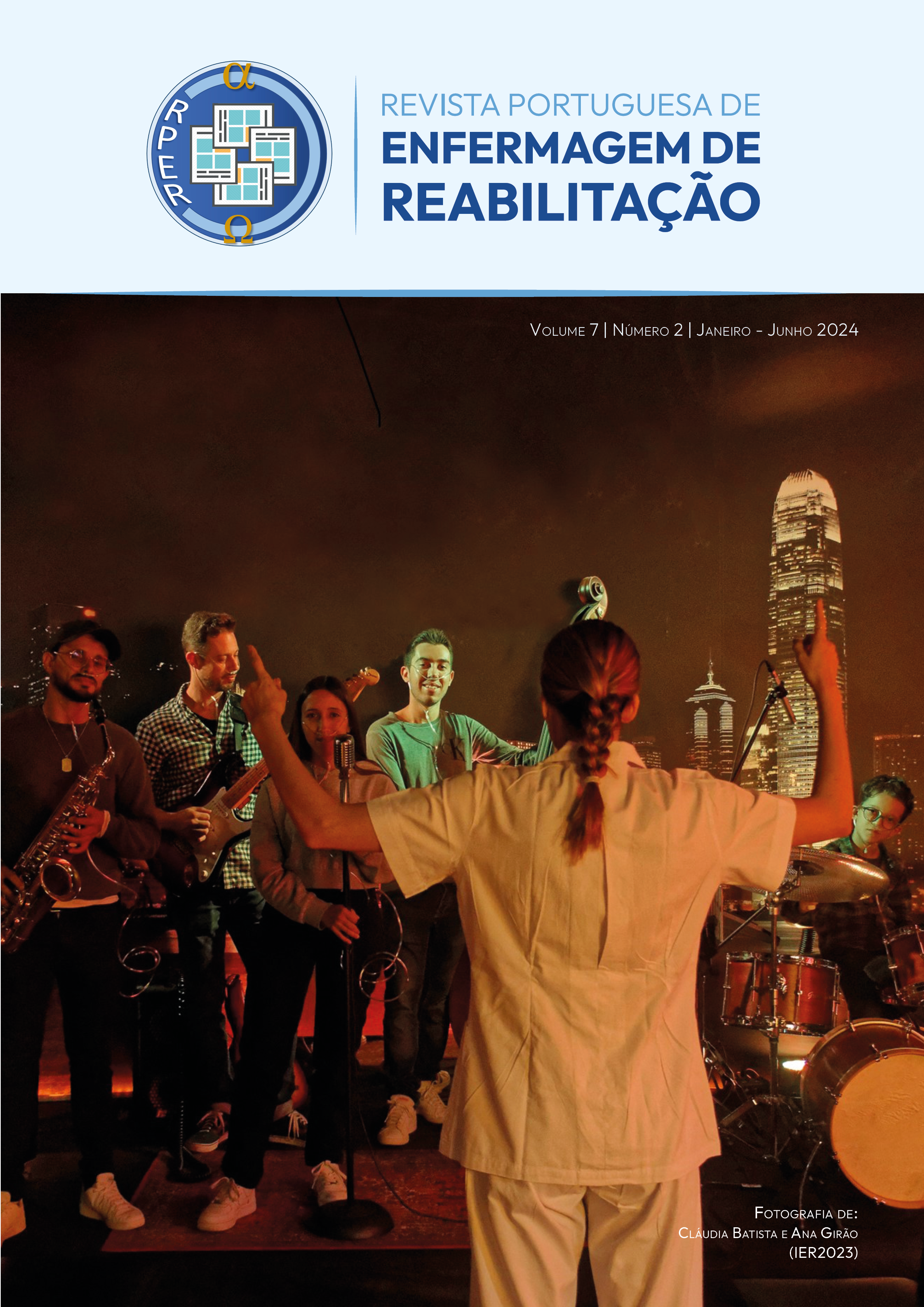Abstract
Introduction: Scientific and technological developments require continuous nurses' updating. This update would be achieved through continuous training and lifelong learning, which face some obstacles such as the need for reconciliation with personal and family life.
The use of massive, online and asynchronous courses allows nurses access to current and targeted content to their needs, enhancing autonomy and learning management.
With this study, we aim to assess the ease of use, perceived utility and intention for using a Massive Open Online Course (MOOC) in continuous nursing training.
Methodology: Observational, exploratory and descriptive study using a non-probabilistic convenience sample. The study took place in the Department of Internal Medicine of a Central Hospital in the North of Portugal.
Results: 141 nurses participated in this study. The results showed high perceived user-friendliness and utility of the learning programme, and the nurses' intention for using a MOOC in the future.
Discussion: The perceived usefulness, ease and intention are supported by the perceived quality in the contents, by the adequacy to perceived needs, using active pedagogical strategies such as the integration of virtual clinical simulation, and the perceived accessibility to training content.
Conclusion: The use of a MOOC, made available from Information and Communication Technologies, has a high potential for acceptance and use in continuing nursing training, contributing not only to the safety and quality of care, but also for an adequate management of nurses' personal and professional lives.

This work is licensed under a Creative Commons Attribution-NonCommercial-NoDerivatives 4.0 International License.
Copyright (c) 2024 Portuguese Rehabilitation Nursing Journal
Downloads
| Abstract Views | 435 |
|---|
| PDF (Português (Portugal)) | 394 |
|---|
| 37 |
|---|





